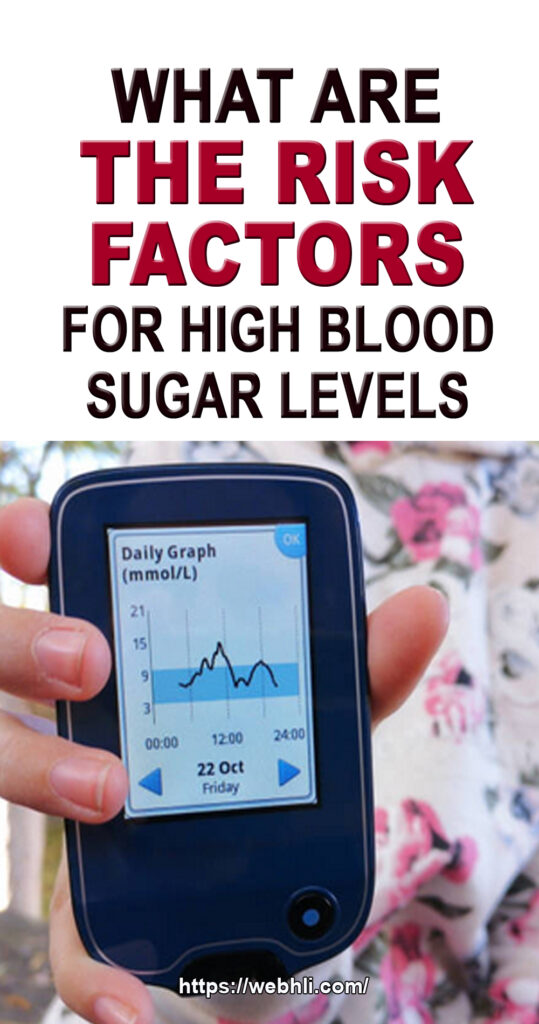
According to Medline Plus, roughly 20 million Americans are suffering from the direct and indirect consequences of diabetes, a disease that causes high blood sugars. There are three major types:
- Type 1 diabetes, a blood sugar problem mostly seen in childhood when the pancreas stops making insulin
- Type 2 diabetes, a more common type of diabetes commonly seen among adults when insulin doesn't get the job done, and
- gestational diabetes, the high blood sugar problem seem during pregnancy
The most prevalent form of diabetes is Type 2. Interestingly, according to the Centers for Disease Control and Prevention, more and more cases of American children and adolescents are now being diagnosed with Type 2.
How Resistance Training Can Help You Heal Diabetes
Diabetic Breakfast Meal Planning, Truth Revealed!
Weight Loss and Blood Sugar Control
Arthritis And Diabetes - A Double Whammy
What Is Diabetic Gastroparesis?
Healthy Lifestyle Tips For Type 2 Diabetes
Does protein increase blood glucose levels?
Watch out for these clues that you may be at risk for high blood sugar levels:
1. Age: One of the most common risk factors for Type 2 diabetes is advancing age. As mentioned by Medline Plus, people who are forty-five years and older should undergo regular blood sugar screening every three years.
2. Excess body weight and fat around your waistline: Males and females who have more fat, especially fat around their waist, have a greater tendency to develop resistance to insulin. Insulin is the hormone that facilitates the transport of sugar across the individual cell membranes. With increased insulin resistance, increased blood sugar levels (BSLs) ensue, leading to the development of Type 2.
3. Decreased physical activity: A sedentary lifestyle can be considered as one of the most common causes of Type 2 diabetes. The more inactive you become, the more fat you accumulate. And with an increasing fat content in your body, an increase in insulin resistance predisposes you to the development of Type 2 diabetes.
4. Family history: If your mother, father, siblings, aunties or uncles have diabetes, chances are you may also develop the same disease. You see, diabetes tends to run in families but it is usually only activated when fat develops around your abdominal area.
5. Prediabetes: In the United States alone, 20 to 40 million people belong to this category, which is between health and Type 2. Prediabetes is when your blood sugars are above normal but not yet high enough to be called diabetes. Unfortunately this condition can exist for many years before full-blown Type 2 is diagnosed. So, if you happen to have the abovementioned risk factors, ask your doctor to order a fasting glucose test for you. Prediabetes is a warning... the earlier you act to prevent or even stall the onset of this disease, the stronger your chances to reverse this condition.
6. Exposure to diabetes in utero: According to the Centers for Disease Control and Prevention, one of the main reasons why more and more children and adolescents experience Type 2 diabetes earlier in life is because of their exposure to this metabolic problem in utero. With the ever-rising prevalence of Type 2 among adults, the statistics of children suffering from this once adult problem rises with it.
7. Hyperthyroidism: Hyperthyroidism is where thyroid function is increased. According to an article published by Clinical Diabetes in 2000, hyperthyroidism may increase BSL's. If you know you have hyperthyroidism, it would be wise to ask your doctor to order a fasting glucose test for you.
8. Insomnia: Lack of sleep can also affect your BSL. In a recent study published by Sleep and Biological Rhythms in July 2010, it has been shown that insomnia and the decreased length of sleep, can also trigger increased blood sugar levels.
Good Energy Food for Diabetics
10 Simple Food Concepts Every Person Living With Diabetes Should Know
Making Cheesecake For Diabetics
Enjoy the Taste and Benefits of Diabetic Foods
Will The Mulberry Leaf Help Your Diabetes?
To discover answers to questions you may be asking yourself about Type 2 Diabetes, click on this link... Natural Diabetes Treatments
Clicking on this link will help you to learn more about Type 2 Diabetes Solutions... Beverleigh Piepers RN... the Diabetes Detective.
Article Source: http://EzineArticles.com/5854355

 Protected by Patchstack
Protected by Patchstack